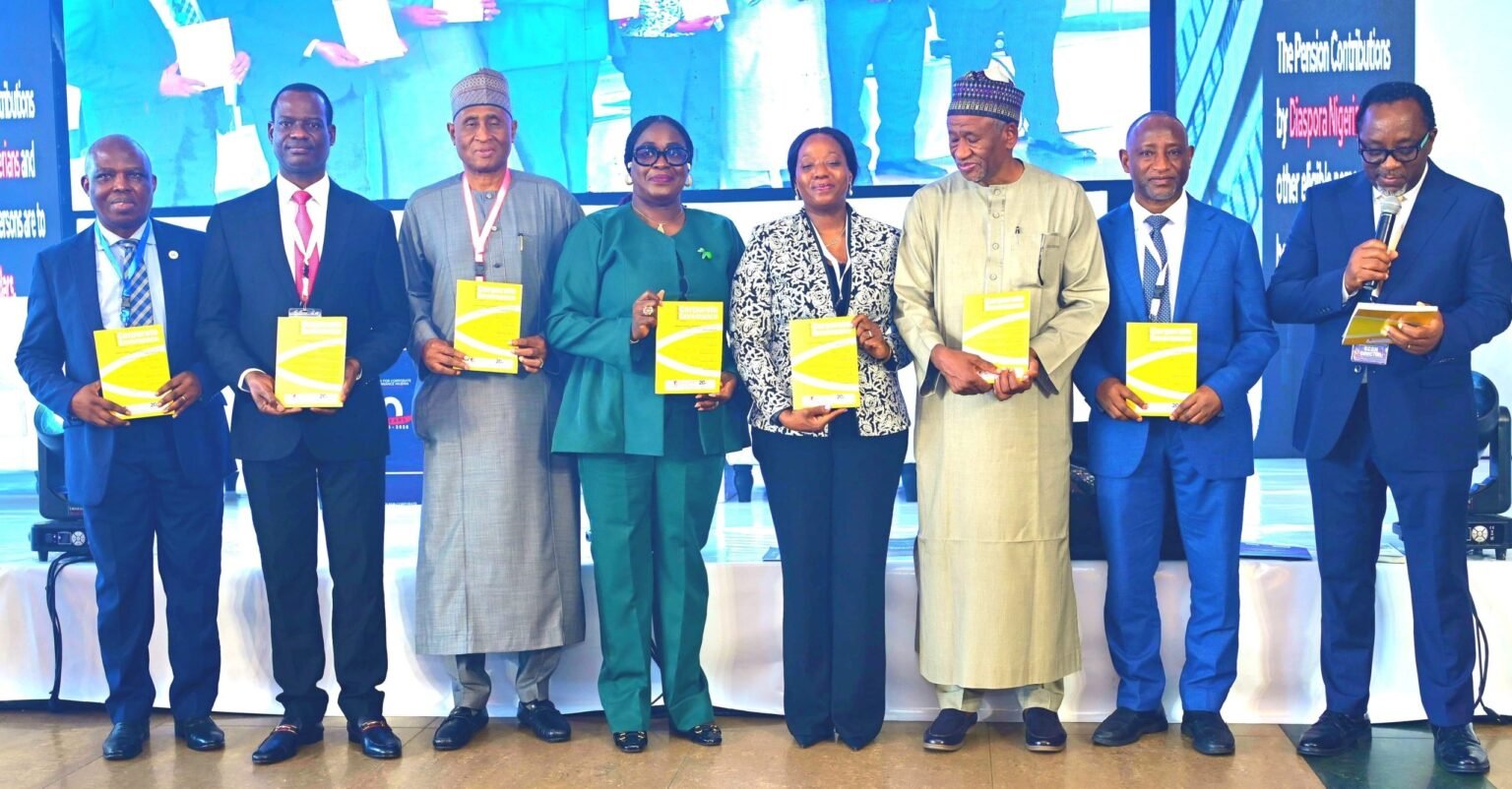2
The Society for Corporate Governance Nigeria (SCGN) has reiterated the need for stronger ethical leadership and institutionalised governance reforms across Nigeria’s public and private sectors.
The call was made during the 20th Anniversary Corporate Governance Conference held in Lagos, themed “Strengthening Ethical Governance in a Disrupted World: Reflection of Governance Journey for a Sustainable Future.” held on 9 October 2025.
The high-level gathering brought together industry leaders, policymakers, and governance experts who emphasised the urgency of embedding ethics, transparency, and accountability in organisational culture amid Nigeria’s rapidly evolving business landscape.
In her keynote address, Dr. Omobola Johnson, former Minister of Communication and Technology, highlighted the magnitude of global disruptions currently redefining governance and leadership.
She pointed to geopolitical conflicts, economic volatility, climate change, and rapid technological advancements including artificial intelligence (AI) as forces reshaping how institutions operate.
Dr. Johnson highlighted that automation and outsourcing are already altering workforce structures and organisational trust, while Nigeria’s ongoing “Japa” migration trend has depleted skilled talent, weakened corporate resilience, and reduced productivity.
She further noted that the combined effects of subsidy removal, naira devaluation, and governance lapses have strained Nigeria’s ethical fabric, calling for renewed commitment to responsible leadership and value-driven decision-making.
“The future of governance will depend on how well institutions balance technology adoption with ethics and human-centered leadership,” Johnson added.
During the panel session, Mr. Taiwo Oyedele, Chairman of the Presidential Committee on Fiscal Policy and Tax Reforms, emphasised the urgency of adopting and enforcing governance codes to monitor risks and promote transparency, particularly in the public sector.
He went further to advocate for the institutionalisation of regular board evaluations and closer alignment with global governance standards, identifying gaps in fiscal administration such as outdated withholding tax systems.
Oyedele also shared the importance of tax literacy, noting that “tax knowledge in Nigeria is near zero,” and called for increased public education to improve compliance and strengthen trust between citizens and government.
He commended the adoption of International Financial Reporting Standards (IFRS) and urged for deeper insurance penetration and greater financial accountability across sectors.
Speaking on reforms, The Director-General of the Securities and Exchange Commission (SEC), Dr. Emomotimi Agama, called for urgent corporate market reforms to enhance Nigeria’s governance stability and competitiveness.
Represented by Mr. John Bricks, SEC Lagos Zonal Head, Dr. Agama described corporate governance as “a vital instrument for stimulating economic growth, attracting investment, and improving accountability.”
He applauded the Society for decades of advocacy, noting that the Society’s initiatives has advanced Environmental, Social, and Governance (ESG) adoption and strengthened investor confidence.
“Embedding ESG principles across corporate operations will improve transparency and position Nigerian firms for global relevance,” he added.
The Executive Secretary and Chief Executive Officer of the Financial Reporting Council of Nigeria (FRCN), Dr. Rabiu Olowo, reaffirmed the Council’s commitment to enforcing global reporting and sustainability standards.
He disclosed that new frameworks for SMEs and public sector governance codes are currently at the exposure stage and will further institutionalise accountability across sectors.
Dr. Olowo warned that AI disruptions, cyber threats, and data manipulation pose emerging risks to transparency, emphasising the FRCN’s resolve to uphold ethics and impose sanctions where necessary.
He commended the Society for its leadership in driving governance reform, stating that its sustained advocacy continues to guide Nigeria toward a culture of integrity and accountability.
Read the full article here


